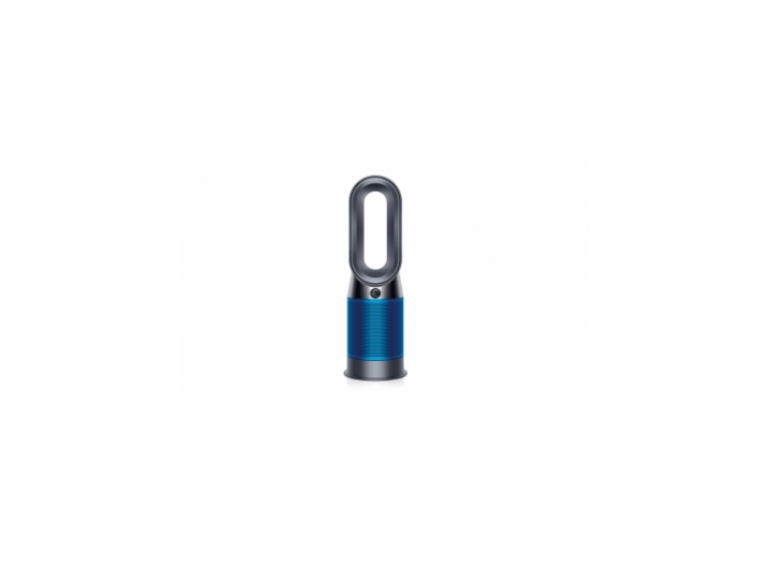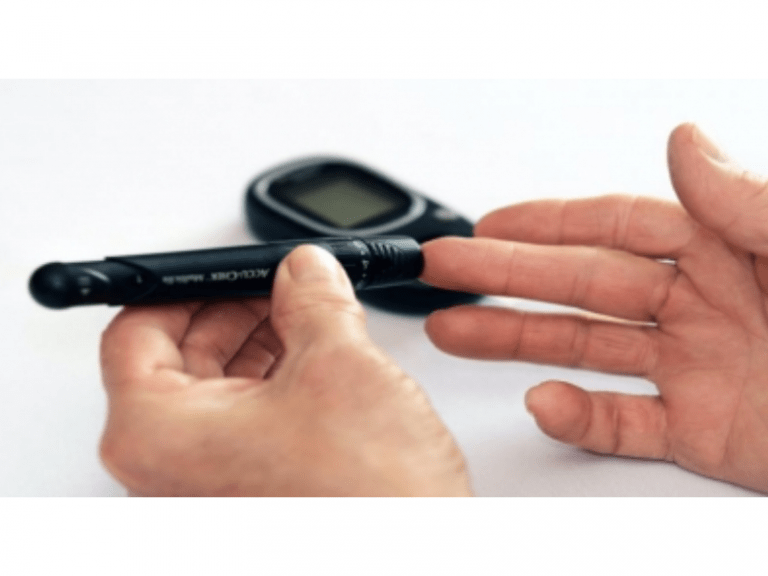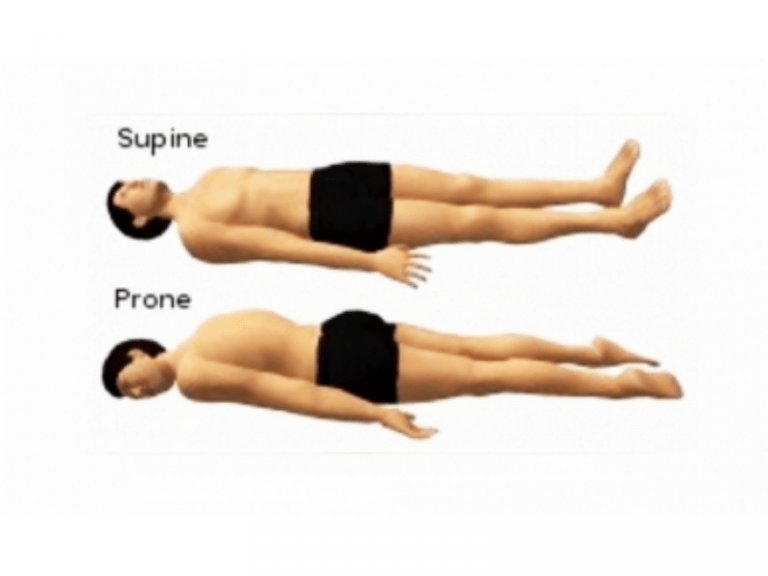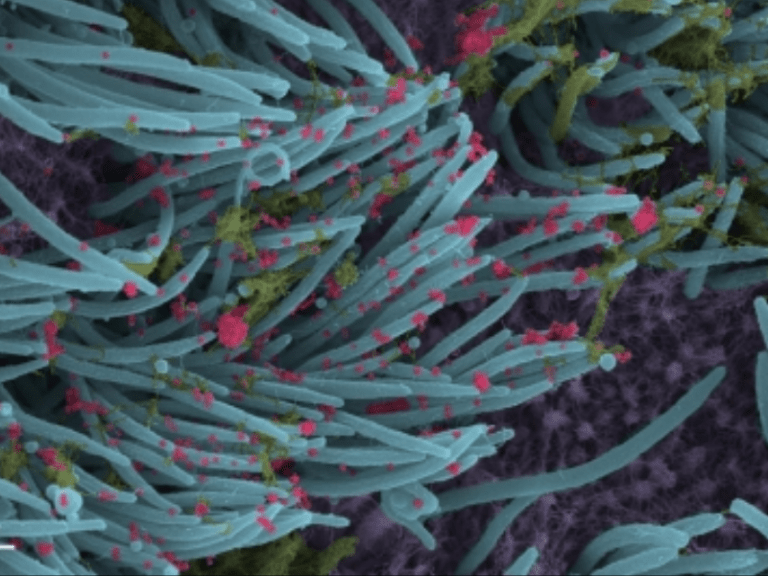Liver disease is a serious concern in India with more than 10 lakh cases being reported every year. Late diagnosis often leads to detection of the condition when it is at end-stage of liver cirrhosis has occurred, during which time it is difficult to treat and it could lead to death, says Rajiv Lochan, Lead Consultant — HPB and Transplant Surgery, Aster RV Hospital.
The World Health Organisation has reported that liver disease is the tenth most common cause of death in India with liver cancer being the fourth common cause of cancer-related deaths.
“A pandemic like situation can be dangerous for people suffering from liver disease as they are at a higher risk of suffering from severe complications from a virus such as Covid-19. A case in point is the earlier SARS epidemic, during which liver damage was observed in more than half of the afflicted patients. During the ongoing Covid-19 pandemic, it has been observed that a significant percentage of patients develop liver dysfunction, particularly those suffering from severe Covid-19,” says Lochan.
He adds, “While more research and observation is required to fully understand the link, possible reasons for this could be the impact of the virus on the liver, an undesirable immune response from the body which impacts the liver, sepsis, or medication-related liver injury. During the second wave of the pandemic, more people are reporting GI symptoms which indicate the potential of the virus to infiltrate and attack organs in the body apart from the lungs. Needless to say, patients with liver conditions need to take extra care of their body and health during this time. People who indulge in certain lifestyle habits that contribute to liver damage but who haven’t seen any outward symptoms of liver disease may also find that contracting the coronavirus results in more liver-related symptoms.”
Individuals with the pre-existing liver disease appear to be at significant risk of complications from the Covid-19 infection. Various studies are underway to ascertain the exact impact of this virus infection on such patients.
According to Lochan, these are some simple ways to care for your liver, with particular relevance to the current pandemic:
* Avoid binge-drinking alcohol at all costs
With more time on hand, people are turning to unhealthy habits such as regular drinking/binge drinking which is a major cause of liver damage. Excessive alcohol puts the system on overdrive to process the toxins in the system, the brunt of which is taken up by the liver. Smoking is equally bad for the liver and heavy drinkers often tend to smoke. Use this time to ease off of these addictions.
* Eat a liver-friendly diet
The liver’s function is to detoxify. Consuming fruits and vegetables which help keep the liver healthy and functioning effectively are important to prevent liver damage. Some examples are antioxidant-rich fruits such as berries, green tea, healthy fats such as olive oil, fatty fish, avocado, bananas, nuts, and green leafy vegetables like spinach, fibrous foods such as whole grains, garlic, etc are beneficial to the liver. Highly refined, processed, high sodium, loaded with artificial sugars such as most ready to eat food items, fried food, and excessive maida prepared items are unsuitable for liver health.
* Do not forget to exercise
Please devote extra time to exercise. Medical studies increasingly show that exercise is most essential for liver health. Regular exercise which increases the heart rate to 80 per cent of the target heart rate, at least 4 times a week helps in keeping the liver healthy. If you have any specific illnesses, do discuss this exercise regime with your doctor before taking it on.
Obesity is a prime cause of non-alcoholic fatty liver disease. If you are overweight, use this time to reduce and maintain a healthy weight for your body type. If you are at a healthy weight, avoid turning to healthy foods to deal with boredom, stress etc and continue practising a healthy diet and lifestyle. Genetics can also play a role if liver disease runs in the family; use this time to get liver function tests.
Even seemingly skinny people can accumulate fat around the liver, leading to fatty liver disease as demonstrated by various studies in India. We are on the verge of a fatty liver disease epidemic and this can be easily accentuated by the current pandemic.
* Practice safe behaviours and be responsible
Unsanitary needles and unprotected sex can lead to Hepatitis B and C, which is part of a group of viruses that can attack the liver. Unhygienic tattoo parlours, injecting drugs, basically any needles that have come in contact with an infected individual’s blood and reintroduced into a healthy person can lead to liver disease. Taking vaccination can help reduce the risk of contracting the disease. Wearing a mask and maintaining social distancing is still the most effective way to not contract the disease. Given the long drawn out nature of this pandemic, its economic consequences and the social isolation it demands, a nihilistic attitude has set in with society (including administrators and regulators) as a whole has developed fatigue and has thrown these simple measures out of the window. This attitude is partly responsible for the current surge in infections. Being responsible to oneself and to one another is key.
* If eligible, take the Covid vaccine
It is strongly recommended that you take these vaccines if suffering from any chronic liver ailment or are otherwise eligible. Please discuss this with your treating doctor.
Identifying and arresting liver disease early is important to prevent the need for long-term management of the disease. In the middle of the ongoing pandemic, if you experience any of the following symptoms — jaundice, water retention and swelling in the legs and feet, unexplainable fatigue, strong odour from urine and dark yellow colour, severe and unbearable abdominal pain, vomiting, itchy skin, please visit a doctor for consultation.











